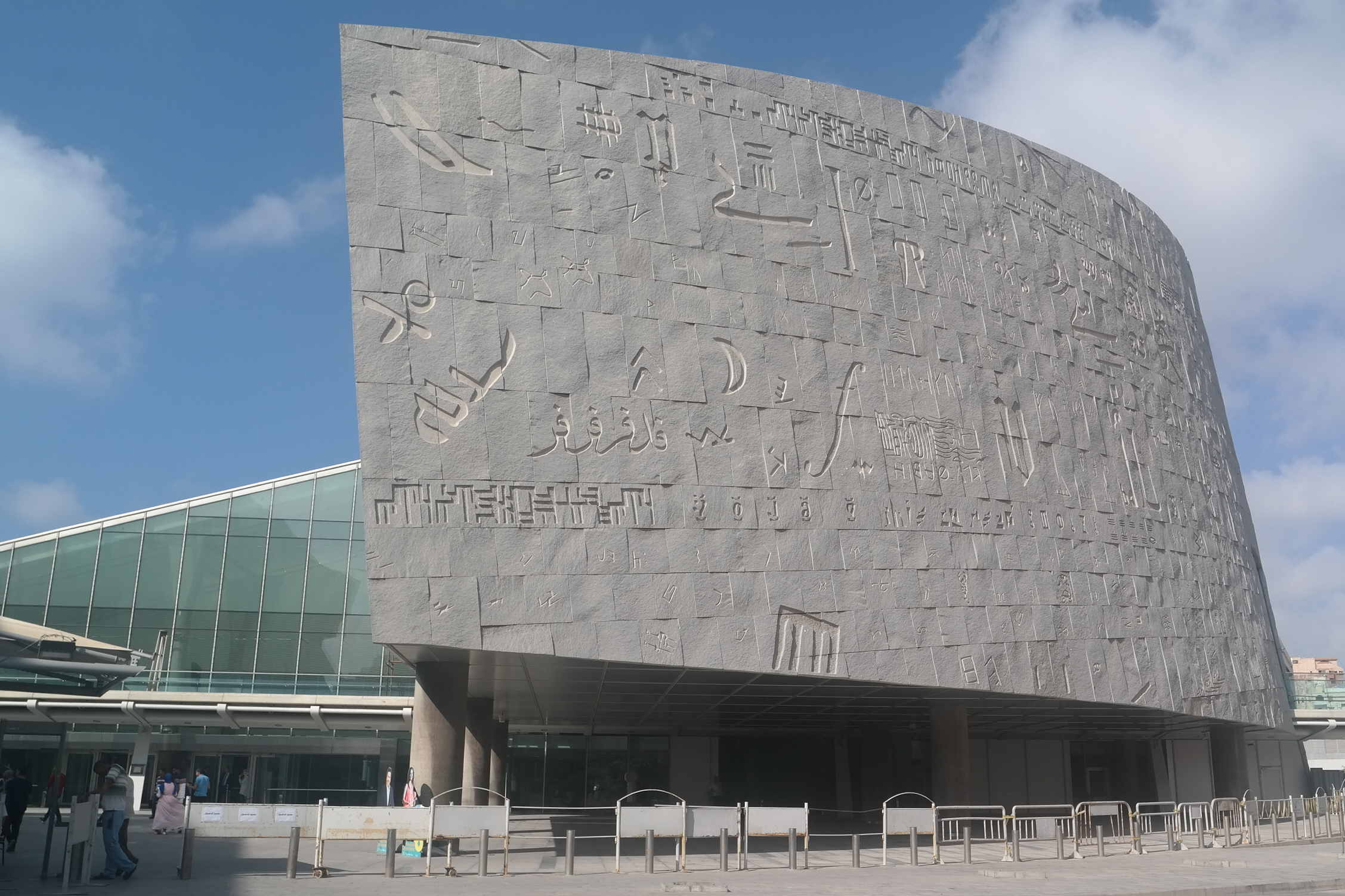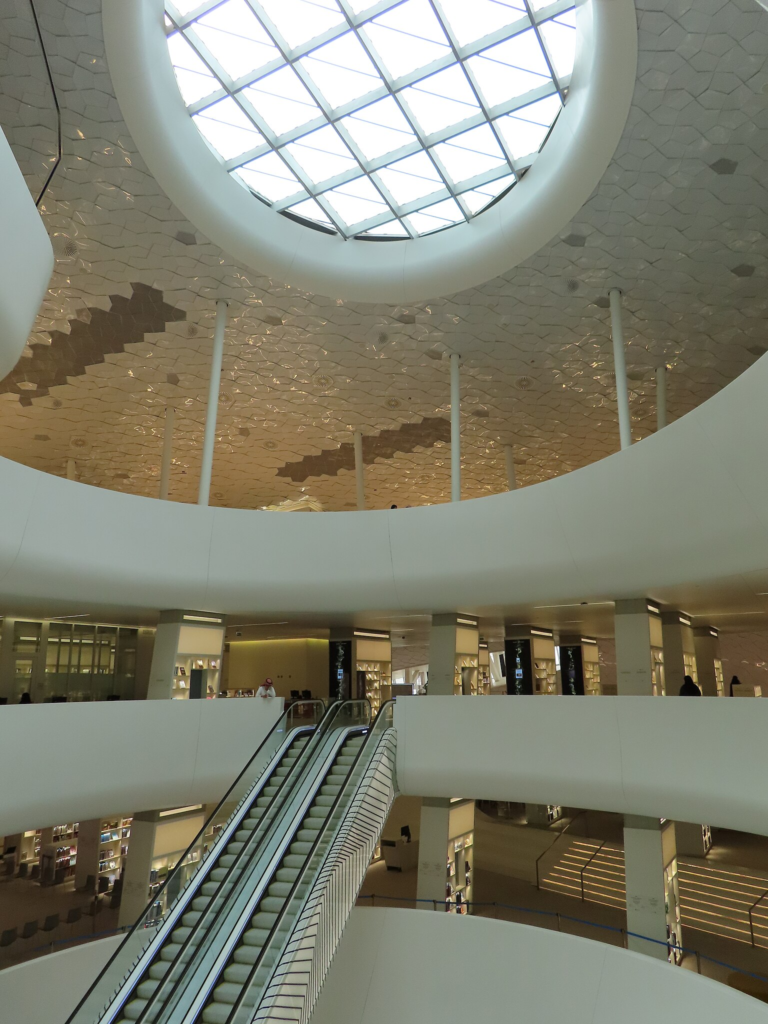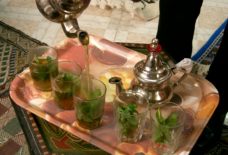7 Most Iconic Libraries in the Arab World

By: Maryem Bouatlaoui / Arab America Contributing Writer
The Arab world holds troves of knowledge and literary ingenuity. Hundreds of libraries across the Middle East and North Africa uphold great historical significance and technological advancement. While there are many, there are a few grand libraries worth highlighting.
The Greater Cairo Library — Cairo, Egypt

The Greater Cairo Library is the largest public library in Egypt. It used to be the palace of Sultan Hussein Kamel’s daughter, Princess Samiha Kamel, in the latter part of the 19th century. The library’s most prominent feature is its impressive architectural design from the remnants of the royal palace. Today, it serves as a significant cultural and research center for Egyptians and international scholars. The library contains a very large collection of ancient and modern scientific books and also includes a specialized information center for those looking for specific historical information.
The Library of Alexandria (Bibliotheca Alexandrina) — Alexandria, Egypt

The Library of Alexandria was one of the largest libraries of the ancient world, making the city of Alexandria the capital of academia in the ancient world. The library was in use for much of the BC era, however, most of its contents were accidentally burned by Julius Caesar in 48 BC. The revival project of the Library of Alexandria began in the 1970s and was completed in 2002. The library, now named Bibliotheca Alexandrina, not only holds houses books but also houses the International School of Information Science.
Al-Qarawiyyin — Fez, Morocco

Al Qarawiyyin is the world’s oldest running library, dating back to 859 AD. The library is one part of the Qarawiyyin University and the Qarawiyyin Mosque in Fes, Morocco. The university and the mosque were founded by Fatima al-Fihri in the mid-800s, and the library was built in 1359. The library has since been renovated under multi-million dollar projects and continues to hold some of the world’s most ancient Arab and Islamic literature.
Mohammed Bin Rashid Library — Dubai, United Arab Emirates

While the Mohammed Bin Rashid Library is a rather modern library, it contains state-of the art technology and innovation. The architecture of the library resembles a lectern, a traditional book holder, to pay homage to the tradition of religious book reading. The library holds a conference centre, exhibition spaces, a children’s library, a bookshop, reading halls, service areas, a business library, and training halls. The Mohammed Bin Rashid Library serves as a one of the most prominent international knowledge hubs in the Arab world.
Al Safa Art & Design Library — Dubai, United Arab Emirates

Al Safa Art and Design Library is a one-of-a-kind library for the arts in the Middle East. The library’s artistic and creative design leaves for a wondrous impression, changing from room to room. Inspired by philosopher Friedrich Nietzsche’s concept of silent, spacious, and beautiful spaces, Al Safa Art and Design Library aims to emulate a calm and collected sensation.
Qatar National Library — Doha, Qatar

The Qatar National Library was established in 2012 as a homage to Qatar’s Dar Al Kutub Library, one of the oldest libraries in the Persian Gulf. The Qatar National Library is also a non-profit organization under the Qatar Foundation for Education, Science and Community Development. The non-profit organizaiton seeks to democratize the access to Arab and Islamic knowledge through digitizing records in partnership with the British Library and the Qatar Foundation.
Ithra Library — Dhahran, Saudi Arabia

The Ithra Library, also known as the King Abdulaziz Center for World Culture, is one of the most high-tech libraries in the region. The library was built by the country’s petroleum company, Aramco. The library seeks to cultivate creative and enriching cross-cultural experiences. The library’s five guiding pillars are culture, creativity, community, art, and knowledge, and the Ithra library fulfills its pillars through hosting workshops, performances, and events for the public.
Check out Arab America’s blog here!


